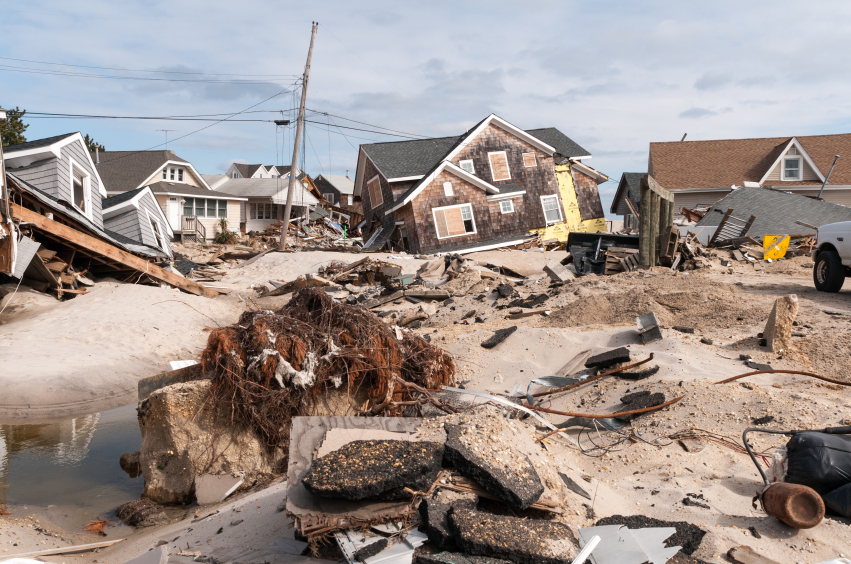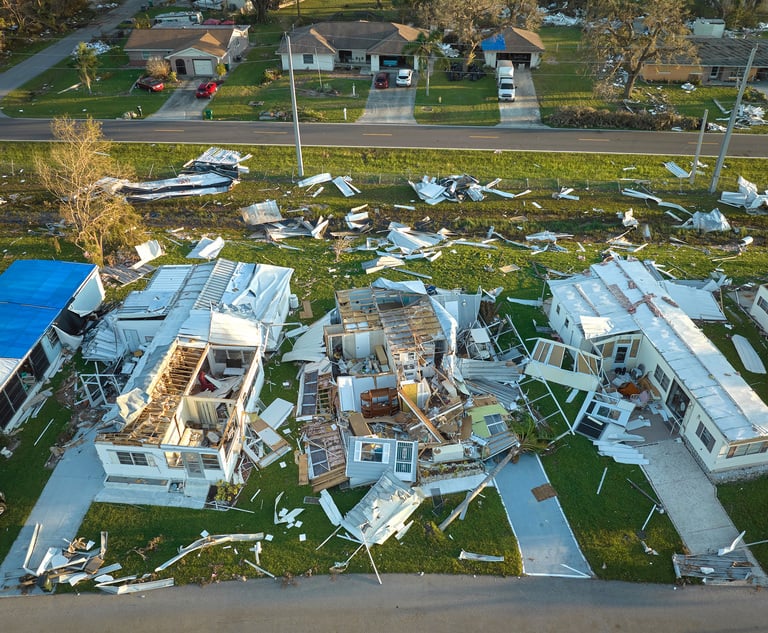Welcome again to March, which we annually honor as NationalEthics Awareness Month, sponsored by many fine insuranceorganizations.
|In my ethics classes, one of the ongoing battles is to overcomethe common assumption that ethics is about “doing the right thing."If that were the whole story, no wonder so many students assume theclass and discussion will be less than useless. “I’m only herebecause my state CE requires it,” is the lament.
|What they fail to realize is the true power and usefulness ofethics to our industry—or any other—is not in simply choosing rightfrom wrong. We probably agree that those who happily do the wrongthing—for whatever reason—should be taken out and tied securely torailroad tracks. Rather, true ethics is in choosing right fromright.
|Consider one of my favorite case studies, taken from my Street Level Ethics class and based on an actualincident.
|It was the biggest storm to hitthe area in decades. You saw news stories, but nothing has preparedyou for the total devastation you find when you arrive to set upthe first catastrophe claims office for your carrier. Thedesignated location is almost impossible to find without using GPScoordinates, because street signs are gone, and nearly everylandmark has disappeared with the trees. There isn’t an undamagedbuilding for miles. Agents and insureds straggle into your claimstrailer, begging for any assistance you could offer. Your plan hadbeen to determine from local agents which of their insureds neededhelp the quickest and get some idea of the coverage each hadpurchased. But the agencies were damaged as badly as their clients,and few client records are available. You have your laptops andtablets, but phone lines are dead and the cellular towers are down.It may be days before you can connect to your carrier network andpull up needed information. Yet right now a growing line ofclaimants is forming at your door.
|One agent tells you they justheard a major national carrier down the road is so swamped byclaimants that they’ve started taking down names and handing each a$1,000 check, telling them to find a place to stay and buy somefood and clothing; they will be contacted later to start the formalclaims process. You realize this may just be one of the numerousrumors flying around after a disaster. If true, you understand suchcompassion, but your uneasy feelings about the approach growstronger when the agent comments he knows at least of few of thefolks getting checks don’t even have coverage with thatcarrier.
|The human misery in front of youis overwhelming, and it will be immensely difficult processing thisflood of people, much less expecting them to willingly understandyou can’t pay them anything until you have the proper information.Asking people who just lost everything if they remember theirpolicy number would border on cruelty. Some don’t even have proofof identity, barely escaping the destruction with the clothes ontheir back. Maybe the other carrier has it right — it may be worthpaying out some money to the fakes if it means the truly deservingget at least some help quicker.
|Decision time: Whatdo you do?
|Continue reading ...
|
Your customers have lost everything in a disaster. How wouldyou help them if they don't know their policy number and you don'thave access to the Internet? (Photo: iStock)
|Note that you’re not being asked to choose right from wrong, butrather right from right.
- It’s right not to pay out carrier funds to fraudulentclaimants.
- It’s right to be compassionate.
- It’s right to stick to the rules, protect your carrier’ssolvency and explain you can’t pay out claim funds until you haveproof of loss and valid insurance.
- It’s right to make exceptions to the rules when direcircumstances call for reasonable variations.
Of course, there are obvious wrong choices available. Steal themoney. Pay it only to an agent’s buddies or favorite clients.
|But I’m going to assume that you are one of the vast majority offolks in this industry who abhor dishonesty. Yet, in facing amultitude of possible right choices, those same folks may findthemselves the proverbial “deer in the headlights,” unable tochoose among so many paths. As much as I sympathize, abdicatingyour responsibilities as a professional sent to help insuredsrecover after a loss, and failing to fulfill the carrier’s promisemade when it issued the coverage is not exactly the height ofethical behavior.
|This is the true ethics conundrum. You can make only onedecision. There’s no delaying and no escaping from responsibility.You either provide claimants with funds or you don’t.
|So how to choose?
|As in past ethical articles, let me suggest threeuseful decision paths, each proven to help make a decision whenfacing tough ethical situations:
- Situation-based: What is the best outcomepossible given these circumstances?
- Rule-based: Follow the rules, and let thechips fall where they may.
- People-based: Follow the Golden Rule and askwhat would you have others do if faced by the same situation?
Here’s the type of reasoning possible if we apply each of thepaths to the case study:
- Situation-based: Give the claimants the money.The small amount that may be paid fraudulently is dwarfed by theneeds of the claimants. In the long run, the goodwill the carrierwill reap from this gesture will more than compensate for anyfinancial loss from fraud.
- Rule-based: Typical claims rules neveranticipated anything as catastrophic as this: no coverage records,no way to verify insured status, or no way to prove who is andisn’t insured. But you can’t just throw the rule book away, either.Maybe you can ask agents in the area to vouch for each claimantbefore you release the money or at least get enough basicinformation from each claimant (name of agent, amount of coverage,location of home, and how many years insured) to try to create somesemblance of credibility to the process. Without some assurance ofproof of loss from a valid claimant, policy rules would tell younot to pay the funds.
- People-based: Give the claimants the money. Ifyou were the one standing in line, having just suffered the loss ofeverything you owned, that’s exactly what you would want — anddeservedly so.
Key point: You can see that honest folks following validreasoning can still arrive at opposite decisions. Because eachchoice can be "right," it follows no one who chooses differentlyfrom you is "wrong." We simply arrive, through a solid process offollowing valid guidelines, at different possibilities. It is inunderstanding that we all strive for fairness and consistency thattrust is built. And building trust — not choosing right from wrong— is the ultimate desired outcome of pursuing ethicalbehavior. Now you can see why ethics is so critical for ourindustry. Insurance is a product/service directly built upon trust.We ask clients for money now, while providing a promise to be thereat future claim time — trust us!
|This March, choose to honor Ethics Awareness Month bystrengthening your ethical decision-making muscles. Away with theflabby and weak “right vs. wrong” and on to the six-pack abs of“right versus right.” Your workout goal? When your clients thinkabout insurance, let’s commit to building their trust, notconfirming their worst suspicions.
|Chris Amrhein, AAI, is an insurance educator and speaker,and serves as the chief fun officer at insuranceisfun.com.
|Related: Ethics is a choice of right vs.right
|We’re on Facebook, are you?
Want to continue reading?
Become a Free PropertyCasualty360 Digital Reader
Your access to unlimited PropertyCasualty360 content isn’t changing.
Once you are an ALM digital member, you’ll receive:
- All PropertyCasualty360.com news coverage, best practices, and in-depth analysis.
- Educational webcasts, resources from industry leaders, and informative newsletters.
- Other award-winning websites including BenefitsPRO.com and ThinkAdvisor.com.
Already have an account? Sign In
© 2024 ALM Global, LLC, All Rights Reserved. Request academic re-use from www.copyright.com. All other uses, submit a request to [email protected]. For more information visit Asset & Logo Licensing.








